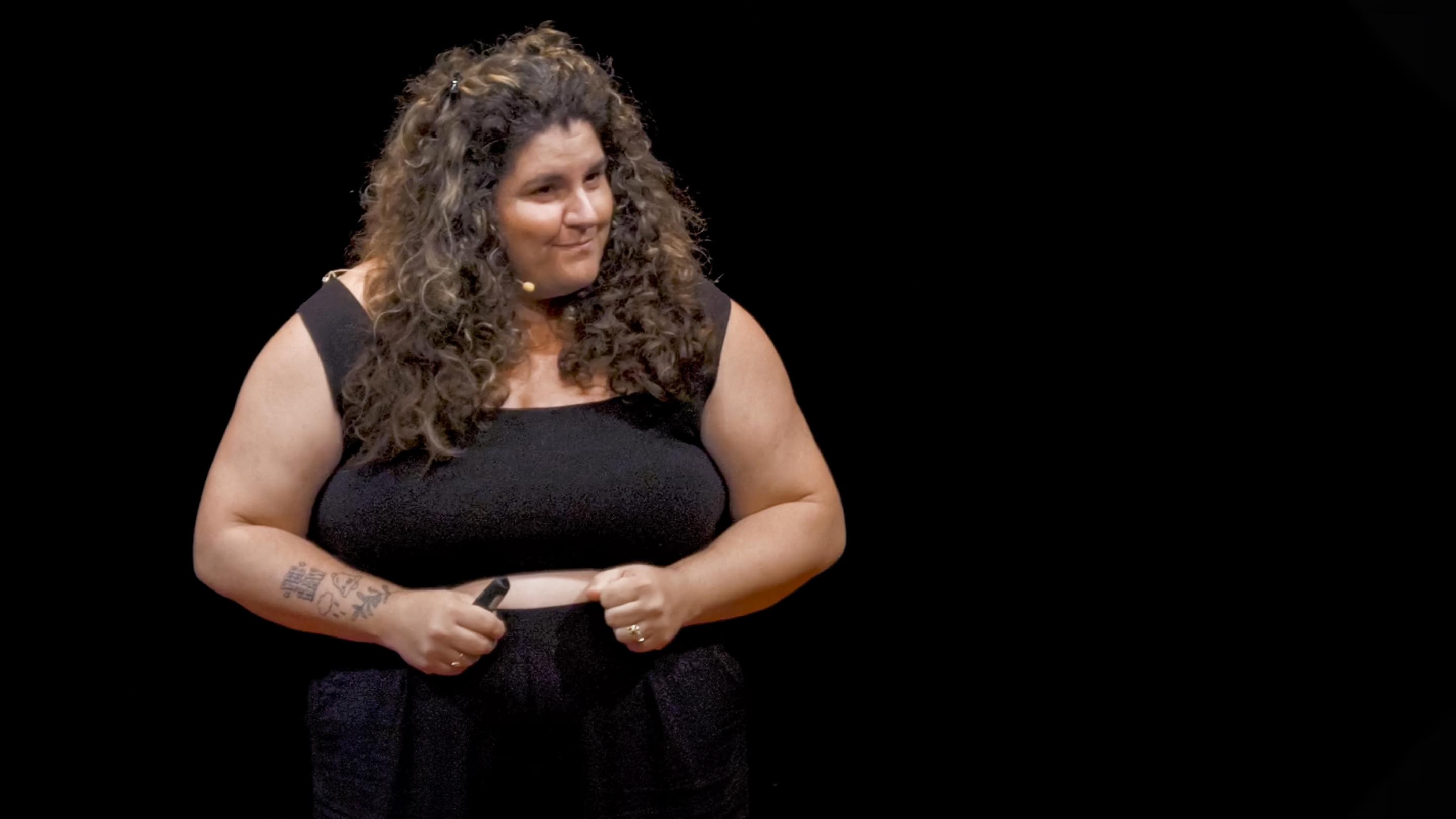
Why you think you look bad in photos | Teri Hofford

TED Talks Daily
Deep Dive
Why do people often feel they look bad in photos?
People feel they look bad in photos because they're used to seeing a reflection of themselves, which is reversed in photos, leading to discomfort. Additionally, societal expectations and personal insecurities play a significant role.
How can people overcome the discomfort of seeing themselves in photos?
Overcoming this discomfort involves looking at photos more frequently to help the brain adjust to both realities. It also requires questioning and understanding why specific images feel uncomfortable, rather than immediately judging them.
Why might someone not resonate with how they're portrayed in photos?
People may not resonate with their portrayal in photos if the images don't align with their identity or how they want to feel confident. For instance, someone who identifies as asexual might not feel confident in 'sexy' photos.
How can focusing on insecurities affect how someone views their photos?
Focusing on insecurities can lead to hyper-fixation on those aspects, making the perceived flaws seem more pronounced. This can distort the viewer's perception and lead to negative self-judgments.
What role do unrealistic expectations play in feeling bad about photos?
Unrealistic expectations about beauty and perfection in photos create a gap between what people expect and what reality captures. This disappointment can lead to negative self-perception and a reluctance to be photographed.
Why is it important to recognize that different angles and poses are just different documentations of oneself?
Recognizing this helps reduce the pressure to conform to specific beauty standards. It allows people to see photos as moments in time rather than judgments of their worth or attractiveness.
How can societal beauty standards affect people's willingness to be photographed?
Beauty standards condition people to believe that only certain angles or poses are acceptable, creating pressure to meet these standards. This can prevent people from enjoying and participating in photography.
What should people focus on when looking at photos of loved ones?
When looking at photos of loved ones, people should focus on the memories and the essence of the person rather than superficial aspects like appearance. This shift in focus can enhance appreciation and emotional connection.
- Seeing a photograph is different from seeing a reflection due to the reverse image.
- Looking at photos more helps the brain adjust to both realities.
- People often see themselves as looking like a relative in photos due to the reverse image effect.
Shownotes Transcript
Do you hate having your photo taken? Portrait photographer Teri Hofford is here to change your mind. She unpacks why you may think you look bad in photos — and how to boost your confidence for those moments captured on camera.